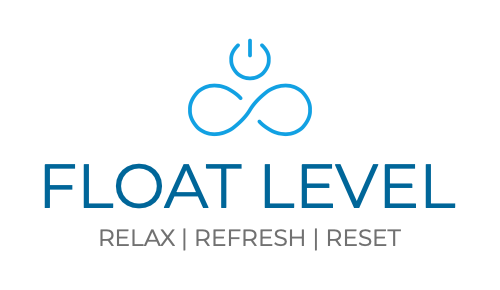Learning a Language? How about learning and retaining 3000 new words a day?
/As a former language student, I recall spending hours every day reading Der Spiegel and Le Monde and noting down new words, which I would then sit, and re-read and contextualise with varying degrees of success, all in the hope that maybe some of them would stick for the next day’s conversations.
While this method works for short-term recall, embedding new structures and words for long-term retention is extremely challenging.
Relax and Retain
Nowadays there are many accelerated-learning language programmes, which consider learning 80-100 new words a day a great success. However, Bulgarian psychiatrist and educator Georgi Lozanov has developed a technique, which far surpasses these figures. His method aims to synchronise mind and body rhythms by entering a state of deep relaxation with the goal of encouraging hemispheric cooperation in the brain. This enables a vastly more receptive state of mind and can really supercharge your learning.
Floating, and the relaxed state of mind that it brings on, is very much in line with Lozanov’s work and the effects of using this technique are astonishing. Lozanov’s subjects have been able to learn and retain up to 3000 words per day!
Learning with this relaxed, absorbent state of mind requires little to no repetition of what has been learned in order to retain the information.
As Hutchison notes:
“Lozanov’s students have virtually total recall after learning, with retention remaining (in one study) at 88 percent six months later.”
The deeply relaxing state of mind while floating coupled with making the brain stimulus-hungry through a reduced sensory environment make it the perfect way to learn new ideas quickly as the brain is highly receptive and sensitive to any information presented.
Our normal state of mind is one of alertness with our stress levels naturally higher which is very conducive to addressing and completing simple tasks but is not optimal for learning. Hutchison again notes:
“Even slight amounts of tension and stress can keep excessive amounts of fight-or-flight biochemicals circulating in the system, and tests have shown that while the fight-or-flight state is fine for executing simple actions, it is not conducive to complex learning. Interestingly, American researchers studying the Lozanov technique have found that not only is deep relaxation essential to the process, but the deeper the relaxation, the more the student is able to learn.”
Enhanced Learning In The Pod
Floating is a very simple and fast way to reach such a state of deep relaxation and it is possible to play instructional recordings for language-learning (or anything else for that matter) through the in-pod speakers so that you can take advantage of the floating state-of-mind and make a quantum leap in your learning capability.
There is no doubt that had I had access to floatation when I was a student, I would have investigated regular sessions to enhance my learning… and to occasionally take a much-needed break too!
If you’re interested in supercharging your learning or you’re keen to explore the many other benefits of floatation, you can book your first float session at Float Level from early May 2014.

